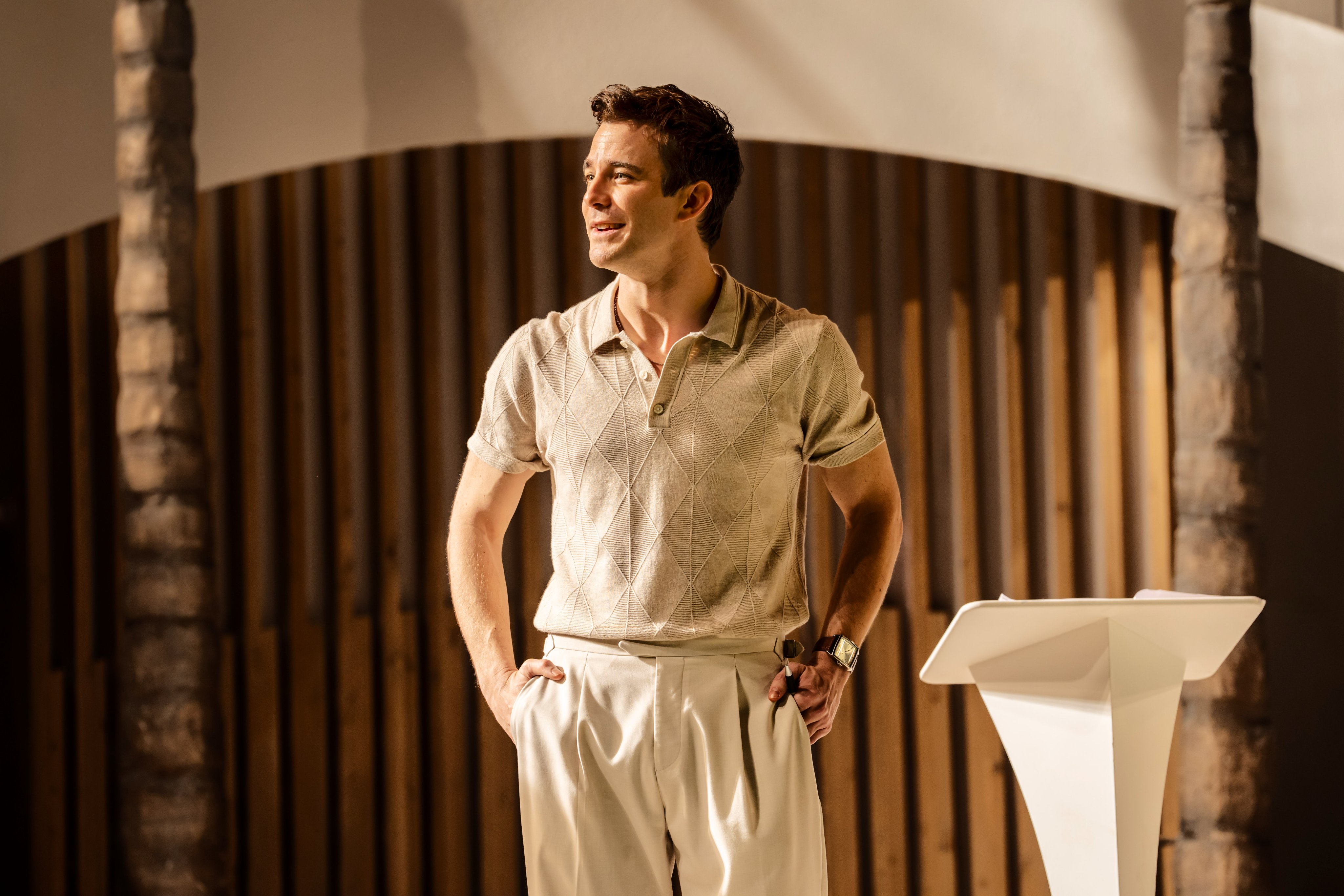Brontë (Tricycle & Tour)
Shared Experience’s Bronte dives in and out of the sisters’ collective imagination like the chimerical lapwing, poetically entwining ‘fact’ and fiction until the one is almost unidentifiable from the other.
And yet, as the audience is following from extract to extract, it staggers in the scene changes. Most feel unnecessary or clunky, and if the company could steal seconds from the semi-darkness chair shifting and add them in silence to the bleak moments of the siblings’ lives, then it would be almost pitch-perfect. As it is, the pain the Brontes feel with their lot isn’t allowed to gently simmer; the cold depths of despair are never fully realised. Instead, a peak of heightened emotion is quickly reached – and voiced rather gutterally throughout – and poignant moments are let go of all too quickly.
The lives, lows and literary triumphs of the family are played out against Ruth Sutcliffe’s sparse set, able to invoke both the sweeping, desolate hills of Haworth and the Jamaican sky of Charlotte’s protagonist. The girls are hemmed in by gloomy textures: the worn wooden furniture, the stone walling, the drab materials of their dress. But their imaginations supersede all of this. Through literature, their wildness is exposed. Here Frances McNamee’s exquisite physicality writhes in stark contrast to Kristin Atherton’s straight-backed Charlotte, at once both alter ego and wistful projection. Indeed, against this bareness the physical strength of the ensemble comes to the fore, beautiful – even brutal at times – in its depiction of their inner monologues.
With swooping lyricism Polly Teale’s text tumbles from one disappointment to the next, but Bronte is probably more suited to those who have some familiarity with the sister’s literature, and indeed how different their lives in comparison to say, Jane Austen. Otherwise the snippets of scenes – and what is ‘reality’ and what is not – are bound to be confusing. That aside, Shared Experience do a fine, fine job, energetically bringing the Bronte family back to life in the intimate space of the Tricycle. Solid performances from the cast, including Stephen Finegold as scene-stealer (and necessary comedic relief) Bell Nichols, and Mark Edel-Hunt who is in turns triumphant and pathetic as the Branwell who never quite lived up to expectations, plus beautiful, soaring text make this a definite go-see for all literature lovers.
– Laura Tosney










